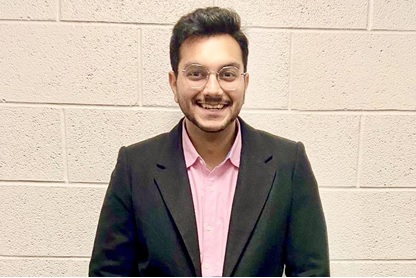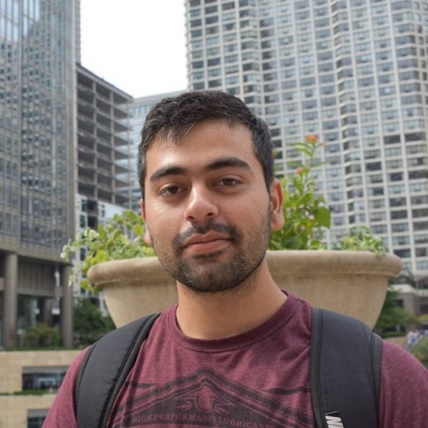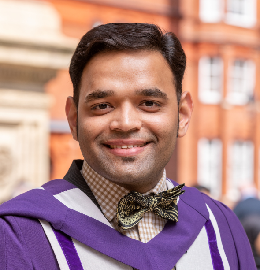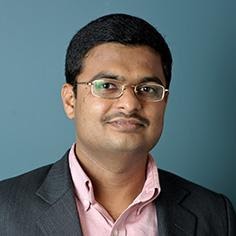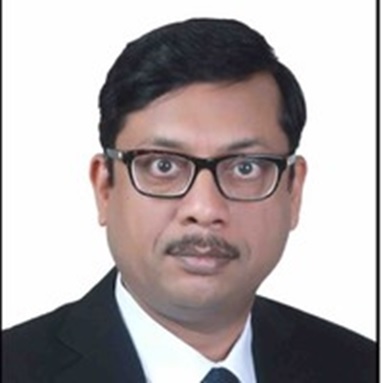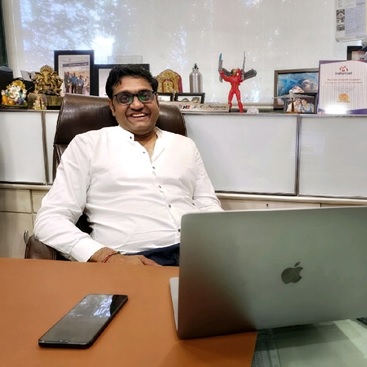Introduction of Minor degree programmes, Honours degree programmes, Certificate, and Advanced Diploma Courses
Introduction of Certificate, and Advanced Diploma Courses
Formation of Somaiya Vidyavihar University
MoU with peer institute
3D printing facility for all department. Biomedical Engineering and Technology Incubation Cell (BETiC) in collaboration with BETiC-IIT Bombay
Ph.D research centre.
Set up of Renewable Energy Laboratory & Consultancy
B.Tech programme got fourth time accreditation for two years under Tier-II
Research and development and funded projects & Post graduate course
B.Tech programme got third time accreditation for three years under Tier-II
B.Tech programme got second time accreditation for three years under Tier-II
U.G. intake changes to 120
B.Tech programme got first time accreditation for three years under Tier-II
B.Tech Programme started in the year with intake of 60







